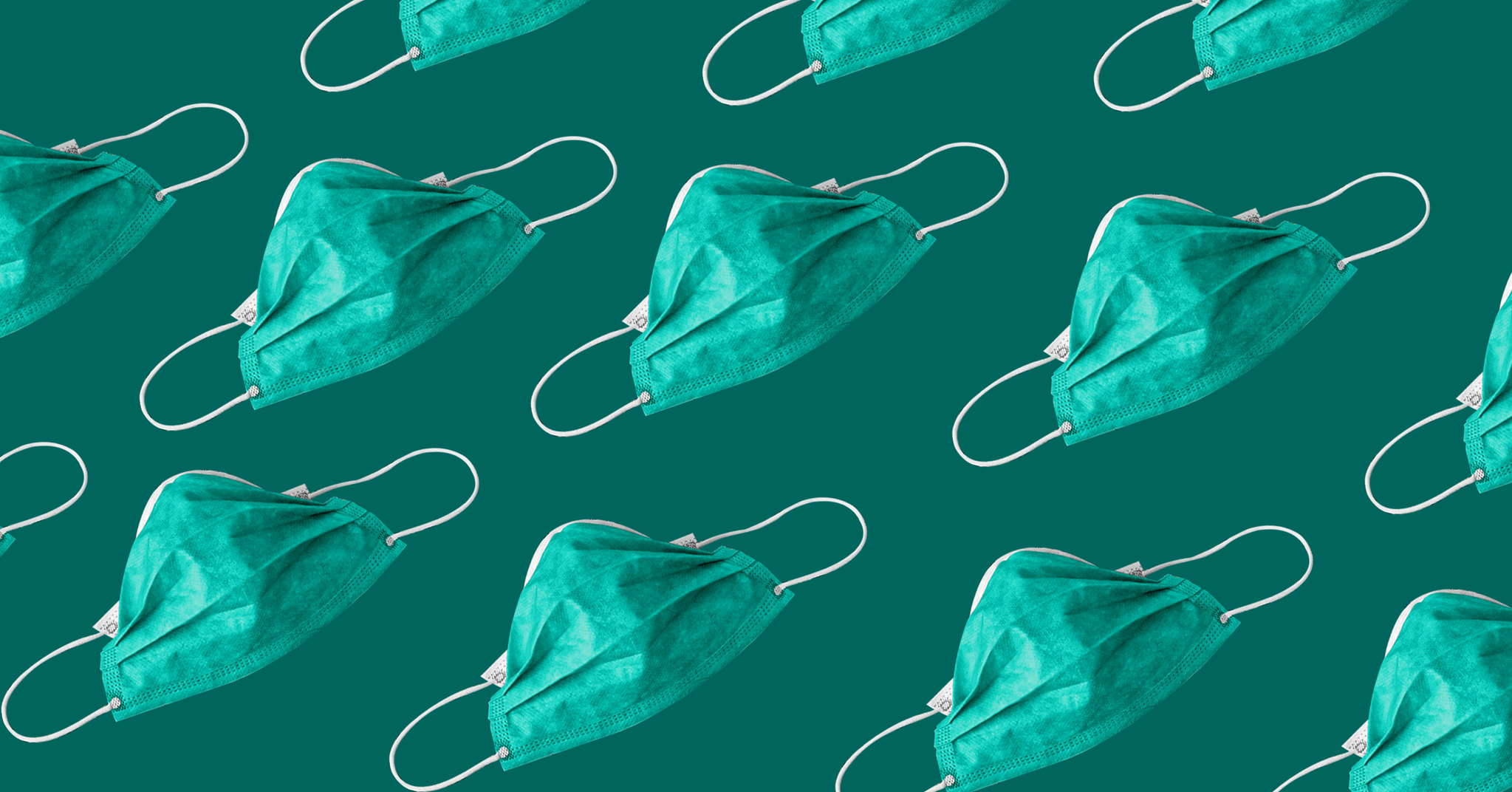Anas ibn Malik reported: A man said, “O Messenger of Allah, should I tie my camel and trust in Allah, or should I leave her untied and trust in Allah?” The Prophet (ﷺ) said, “Tie her (your camel) and trust in Allah.”
Islam is a religion that supports both trust in Allah and trust in preparation. And with that trust comes adaptation.
Due to the coronavirus pandemic:
Masajids around the world are closed.
Travel into the holiest sites – Mecca and Medina – has stopped.
The athan has been changed to, “pray in your homes.”
Washing the dead has been modified to tayammum.
Our religion is not just a spiritual faith, but also one of logic. Even our tradition supports taking precautions in times of plague. “If you hear of a plague in a land, then do not go into it. If it happens in land where you are, then do not go out of it.”
It is for this reason why, despite other religious groups delaying closures of their places of worship and limiting community rituals, the majority of Muslim gatherings across the world stopped without much debate or hesitation.
We as Muslims support the experts. The secular view that religion and science are at odds
is not the case with Islam. Islam has a congruence with all forms of knowledge, including health.
Therefore, protecting our physical and mental health during the coronavirus pandemic stems from both – seeking advice from those in the medical field and also seeking reliance in Allah.
1. TIE YOUR CAMEL – CORONAVIRUS & PHYSICAL HEALTH:
Tying your camel doesn’t go against iman (faith); it goes with iman.
The Quran and sunnah are a source of guidance and light. However, they do not mention details about medicines, doses, and how to treat disease. Rather, they include some general advice for each person to consider and encourage seeking help. As Muslims, we recognize spheres of expertise—people who have Islamic knowledge and provide spiritual guidance, and people who have expertise in other areas and offer guidance in those areas. For example, when farmers asked the Prophet (ﷺ) for agricultural advice, he (ﷺ) said to them, “You know the affairs (agriculture) better than I do.”
In dealing with coronavirus, what advice have medical experts provided for us?
Covid-19 is a global pandemic and should be taken seriously.
It is highly contagious – it spreads through person-to-person contact by touch or exposure to respiratory droplets from others coughing on you or from touching surfaces the virus is on.
Symptoms vary, but typically include fever, cough, and for some, difficulty breathing. Symptoms may increase and intensify for those who are elderly and/or have underlying health conditions.
Therefore, the U.S. Center for Disease Control (CDC) has advised the public to take the following precautions:
- Wash your hands often for at least 20 seconds.
- If water is not readily available, use hand sanitizer with at least 70% isopropyl alcohol.
- Avoid touching your eyes, nose, and mouth with unwashed hands.
- Stay home and avoid social interaction. If one must go outside, be at least six feet away from others.
- While medications like Hydroxychloroquine or Azithromycin are currently being studied as possible forms of protection, DO NOT take them without speaking with a doctor first. They have serious side effects.
- DO NOT go to the Emergency Department for Covid-19 testing if you are NOT actively ill and you have a known exposure or significant risk of Covid-19 exposure. Instead go to a testing site: https://findahealthcenter.hrsa.gov/
(For more update information from the CDC, please seek out www.imana.org/covid-19/.)
2. TRUST IN ALLAH – CORONAVIRUS & MENTAL HEALTH:
Islam, as a religion, has strong communal aspects. Most of our acts of worship involve being with others – praying in congregations, breaking fast together, performing Hajj with Muslims from all over the world, and giving in charity. It’s natural, then, that we feel great sadness and a sense of emptiness when are unable to attend our masajids for weeks, maybe months, possibly during the upcoming month of Ramadan.
Yet, we support these safety measures and do not put emotion over logic. Hospitals and grocery stores remain open as they are essential for daily living. But the masjid is not the only place we can pray. “The entire earth has been made a place of prayer, except for graveyards and washrooms.” Staying home protects both ourselves and others: “And whoever saves one – it is as if he had saved mankind entirely.”
Nonetheless, we don’t belittle the difficulty of doing this. It has not been easy. And that is why we not only tie our camel, but we also put our trust in Allah.
Trust that we can still call to Him in our homes, use this time of solitude to connect to Him, and to strengthen our iman. Trust that we can still take care of our community: build family bonds, check on our neighbors, get groceries for the elderly, and talk virtually with our friends and family. And trust in His decree for our health and well-being. “And most certainly shall We try you by means of danger, and hunger, and loss of worldly goods, of lives and of the fruits of your labor. But give glad tidings to those who are patient in adversity.”
Islam has all the preparations for a pandemic. Trust the experts, and trust Allah.
Dr. Amber Khan is the chair of the Education Committee for IMANA – Islamic Medical Association of North America. She also holds an associate’s degree in Islamic Studies from Mishkah University.
Photo Credit.





